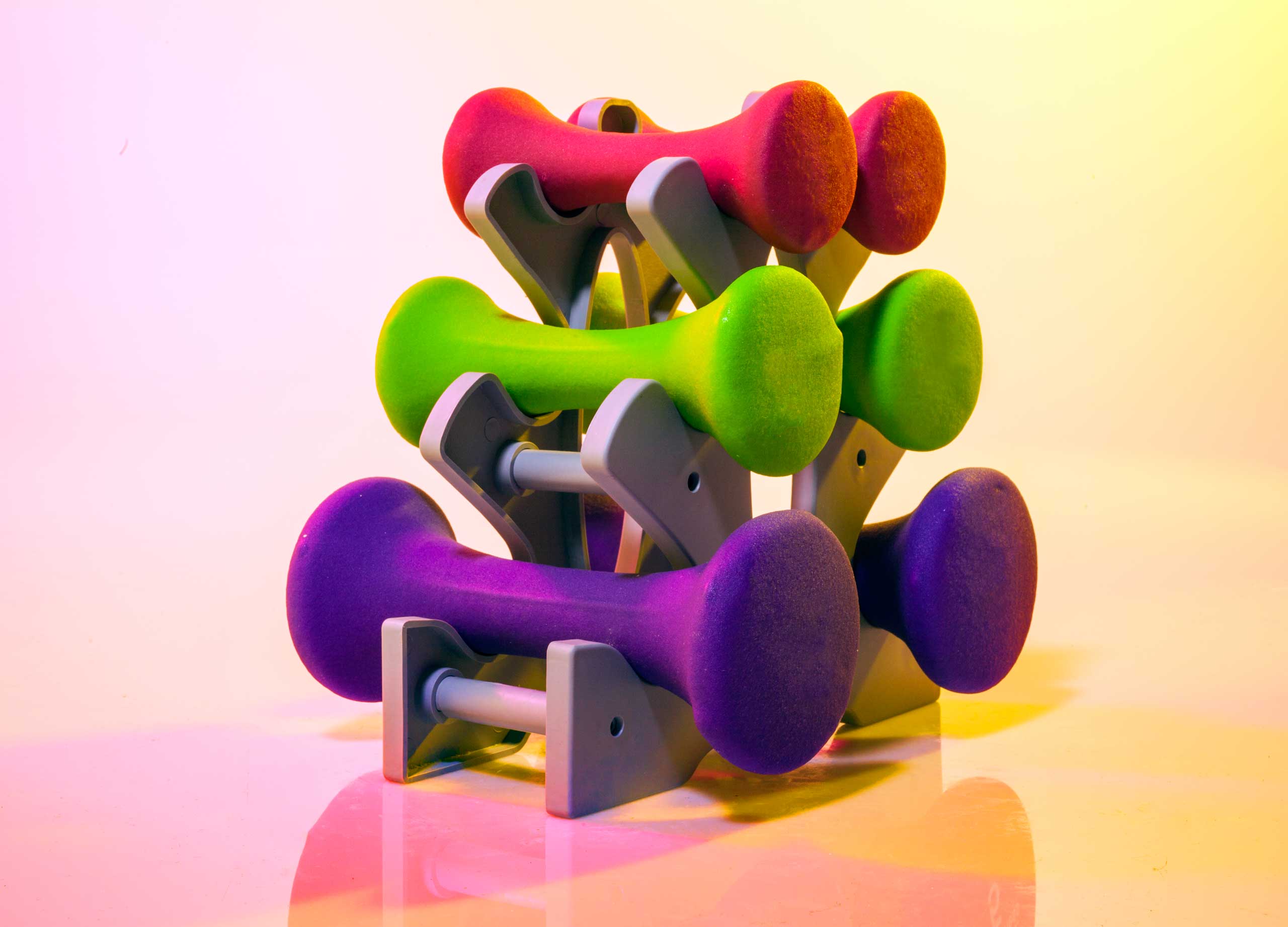
If you've been looking for tips on what to eat after a morning workout but don't know where to start, read this article. What foods should you include? How to choose the best to aid your weight loss journey. You can also choose avocados, salmon and protein pancakes. You will be surprised at the results.
Protein pancakes
A high protein diet is great for those looking to lose fat and gain muscle. These pancakes contain fiber and amino acids that will help you to quit snacking and get your fitness goals. They can also be eaten in bed, if desired. This recipe contains protein powder as well eggs and rolled Oats. It also contains a vital nutritional ingredient that is often overlooked: resistant Starch. This nutrient has been proven to help with weight loss, muscle recovery and reduce your risk of getting cancer.

Bananas
You may be able to improve your workout performance by eating a banana right after you have finished. This fruit is high in fibre and may ease digestion. It can also help you recover faster from a workout. Bananas can be beneficial for anyone looking to build or lose body fat. Bananas are simple carbohydrates that may increase blood sugar and decrease muscle soreness.
Avocado
It is tempting to eat more vegetables after a workout but you need to realize that they do not contain enough protein to be a nutritious breakfast. Consider eating an omelet that includes vegetables and avocado. This healthy fat is loaded with potassium and magnesium, which prevent muscle cramps. It also provides sustained energy. Avocados contain healthy unsaturated and vitamin-rich fats. There are many benefits to eating an avocado omelet after a workout.
Salmon
While it may sound bizarre to take salmon in the morning after a workout for weight reduction, it is a great way get in essential nutrients. The water-soluble vitamin B12 in salmon plays an important part in your nervous system and metabolism. You can get your daily allowance of B12 by eating flaxseeds, too, which are rich sources of the essential fat. These nutrients are vital for maintaining healthy blood pressure, and healthy immune function.
Smoothies made fresh
Fruit smoothies after a morning workout are a great way to replace lost electrolytes and support muscle recovery after a vigorous workout. Although many sports drinks have high levels of sodium and sugar, milk is a good source of protein. Milk is great for rehydration. Also, milk is rich calcium, an electrolyte which is lost through sweat. A smoothie should contain at least one tablespoon of milk protein. For those who avoid dairy products, try soy-based protein.

Oatmeal
Because it is high in carbohydrates, oatmeal is a great food to eat after a hard workout. Carbohydrates are essential for replenishing glycogen stores after a workout. Oatmeal has a high amount of carbohydrates and nutrients. You can flavor it with yoghurt, or other natural sweeteners. Besides, carbohydrates are an excellent source of energy, so you won't feel guilty about eating it after a workout.
FAQ
What is the best time to do Intermittent fasting in order to lose weight
The answer isn't as easy as it seems. It is important to take into account a number of factors when deciding the optimal days for fat loss. These are:
-
Your age. If you are younger than 40, intermittent fasting might be too difficult because you have less time for recovery after each fast. On the other hand, if you're older (over 60), you may find that you don't have enough energy to sustain an extended period of daily fasting.
-
Your current body composition. Longer periods of fasting are more beneficial if you have a lot muscle mass. Shorter fasting might be more appropriate for you if you have less muscle mass.
-
How physically active you are. To ensure adequate rest between workouts, you might need to extend your fasting period if you exercise frequently.
-
Your past health history. Patients with certain medical conditions, such as heart disease, diabetes, or cancer, may need additional fasting monitoring.
-
How do you handle stress? Stressful situations often cause us to eat more. To avoid this, you might want to increase the lengths of your fasting window.
-
What type of diet do you follow? Certain diets, like ketogenic diets, may require even longer fasting periods.
-
The quality of sleep you receive. Insufficient sleep has been associated with decreased metabolism and increased appetite. It could take some experimentation to discover the best method for you.
-
How much protein you eat. The ability to stabilize blood sugar levels. Eating more protein can lead to lower insulin levels. This would allow for you to fast more often.
-
It doesn't matter if you want to gain or lose fat, those who are trying for weight gain will often require longer fasting periods.
-
What proportion of calories do your fasting hours allow you to consume? You might lose more fat if your daily calories are lower than those you consume.
-
Your fitness level. Fasters who are very fit tend to have higher metabolic rates, which allows them to burn more calories throughout the day.
-
Your gender. Men tend to have greater appetites that women, so they may need a longer fast. Women may only fast for 20-30 mins each morning because they have a smaller appetite.
-
Your lifestyle. Are you someone who gets plenty of physical activity? Are you able to exercise several times per week? Are you a worker who sits at a computer all day? These factors could affect how much you should fast.
-
How much money are you willing to spend on food? You don't have to spend much on groceries to eat healthy food. It's possible to save money by purchasing whole grains rather than white bread, fruit instead of candy bars, lean meats instead fatty cuts, and fruits instead of candy.
-
How important it can be to control your appetite. You might not have to fast as much if your hunger isn't a problem.
Are there any side effects of intermittent fasting?
Intermittent fasting is safe and has no side effects. But, it is possible to experience minor side effects if you plan poorly.
If you skip breakfast, for example, you may feel constantly irritable. It is possible to experience headaches and muscle cramps.
These symptoms usually disappear within a few days.
How to Make an Exercise Plan?
Create a routine. It's important to have a plan for each day. This helps to plan ahead and avoid procrastination.
The second thing is to ensure that you have plenty of variety in your workout. Exercise shouldn't be boring. Otherwise, you'll lose motivation.
Also, you need to keep track on your progress. It's crucial to track your weight changes over time.
If you lose weight and then gain more weight, it is easy to lose your motivation. On the other hand, if you gain too much weight, it becomes harder to stay motivated.
Try to strike a balance in your weight loss and weight gain. If you're not happy with where you are, then you'll be less likely to continue exercising.
Can I eat fruits when I am intermittently fasting?
Fruits are good for you. They are full of vitamins, minerals as well as fiber, antioxidants and other nutrients. However, they contain sugar, which can cause blood glucose to rise. This can lead insulin resistance and weight increase. If you're looking to lose weight with an IF diet then you should choose fruits that are low in glycemic.
Why is exercise important for weight loss?
The human body, an amazing machine, is incredible. It's designed to move. Moving our bodies is important for our health.
Exercise burns calories and improves muscle tone. This makes you feel good both physically and psychologically. Exercise is an important part of weight loss.
-
Exercise improves metabolism. Being active can increase your body's ability to use energy. Your heart rate increases, blood flow to your muscles and oxygen is absorbed from your lungs when you move. All of these activities require energy. You can burn calories more easily by exercising and increasing your metabolic rate. Your body's energy consumption during physical activity is known as the amount of calories burned.
-
Exercise reduces appetite. When you work out, you will naturally eat less calories.
-
Exercise increases strength. Muscle tissue takes more energy to work than fat tissue. To maintain your current weight, you'll need less calories if muscle mass is increased.
-
Exercise releases endorphins. Endorphins can make you happy. They are released when you exercise. Endorphins are known to block pain signals from your brain. This can give you a sense of well-being.
-
Exercise improves self-esteem. Regular exercise is associated with higher self-esteem. They live longer, healthier lives.
Small changes are the best way to lose weight. Try adding one of these tips to your routine today.
Is intermittent fasting affecting my sleep quality?
Yes, intermittent fasting can impact your sleep. Your hunger hormones rise when you skip meals. As a result, you may find yourself waking up at night.
Experts recommend skipping breakfast. Instead, experts recommend eating light snacks before bed.
You can still eat a small meal if you feel hungry after the snack.
Don't overeat. You will end up gaining weight rather than losing it.
What can I eat in the morning while intermittently fasting
Water should be consumed first thing in the AM. It helps you feel full faster and gives you energy throughout the day. For more flavor, add lemon juice and cucumber slices.
Statistics
- According to Harvard Health, it's estimated that a 155-pound (70-kg) person burns roughly 112 calories per 30 minutes of weight training (5). (healthline.com)
- Another study found that 24 weeks of weight training led to a 9% increase in metabolic rate among men, which equated to burning approximately 140 more calories per day. (healthline.com)
- According to a study sponsored by the American Council on Exercise, a person weighing around 140 pounds (64 kg) would burn 108 calories at a 30-minute beginner's Pilates class or 168 calories at an advanced class of the same duration (26). (healthline.com)
- According to Harvard Health, it's estimated that a 155-pound (70-kg) person burns around 167 calories per 30 minutes of walking at a moderate pace of 4 mph (6.4 km/h) (5). (healthline.com)
External Links
How To
How to exercise to lose weight
Being active is one of the best methods to lose weight. Many people are not aware of how to properly exercise. Exercise should include cardio exercises such as running, cycling, swimming, walking, etc., and strength training exercises such as lifting weights, making pushups, pull-ups, squats, lunges, etc. Combine these two types together to lose weight. If you want to start exercising, then try to find some friends who are willing to join you in your journey. You can either go to the gym or walk around your local area. You need to keep doing the same thing no matter what kind of activity. It's easy not to stick with a routine when you first start working out. Just keep going!